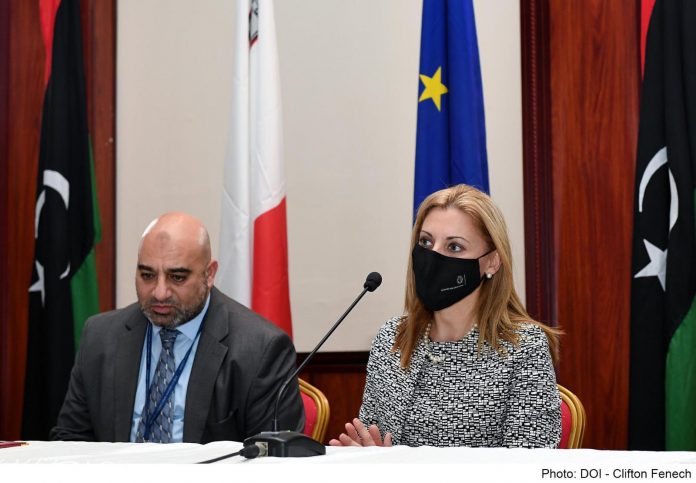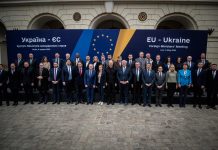“Our education sector and educational institutions are robust and have a vast experience and so we can promote our country as an educational destination. But more than that, we can export our experience, expertise, and knowledge”, said Minister for Education Justyne Caruana following the signing of a cooperation agreement within the education sector between Malta and Libya.
“This is the spirit of the agreement that was concluded today where together with the Libyan Government and the Libyan authorities we agreed to share our experience by offering learning and training opportunities to the Libyan people”, Minister Caruana said.
The Malta College of Arts, Science & Technology (MCAST) and the University of Malta were also involved in the day-long talks held today whilst the potential and opportunities of Ta’ Ġiorni institution were also explored.
The Libyan delegation was led by Libyan Undersecretary in the Ministry of Education Amori Adel GA, who signed the agreement for the Libyan Government, whilst the Permanent Secretary within the Ministry for Education Frank Fabri signed for the Maltese part.
Minister for Foreign and European Affairs Evarist Bartolo, who also presided over the signing of the agreement, said that this agreement is a testament that the meetings held in Libya and Malta are bearing fruit. He reiterated Malta’s commitment to continue working for a united Libya, led by Libyans in the interests of Libyans, and stressed that education is the best tool to achieve this goal.
Today’s talks were the result of a visit by Minister for Foreign and European Affairs Evarist Bartolo and Minister for Education Justyne Caruana to Libya last month during which the Maltese Government offered cooperation by the University of Malta and the Malta College of Arts, Science and Technology (MCAST), assistance in English teaching as well as educational programmes designed to build personal skills and values with a view towards job creation and the resolution of problems and disputes without resorting to violence.
The meetings involved substantive talks on a way forward, wherein both countries agreed to share their experiences and build on them to ensure a well-educated generation and one that is well prepared to strengthen their bilateral economies, cultures, and countries.










